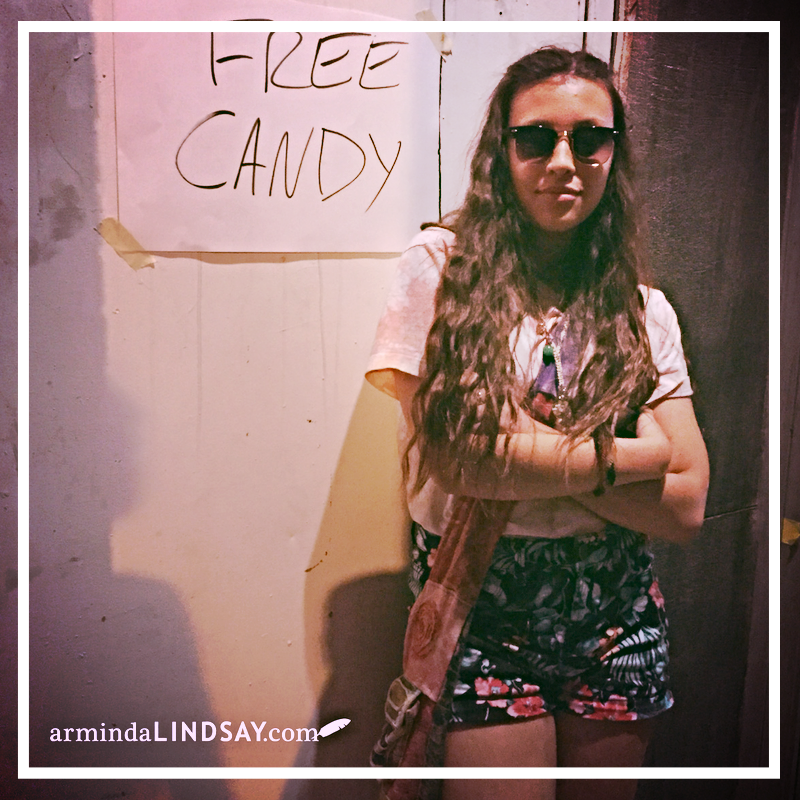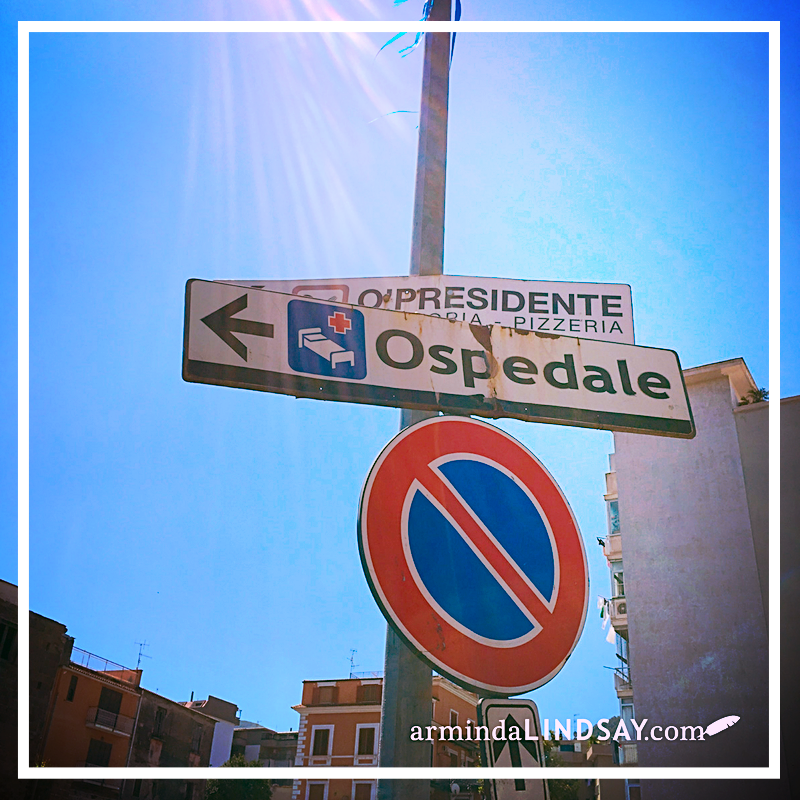American Halloween
The American tradition of Halloween has spread to many cultures, so you’re likely familiar with the concept of hordes of children dressing up in costumes, pretending to be something they’re not, and going door to door collecting free candy. I’ve never been, nor met, the child who doesn’t sincerely believe she IS on her inside whatever she’s parading on her outside through makeup and costume and sometimes just the right pair of shoes.
Personal Halloween
Personalities are just like costumes. It’s become a widespread tradition to dress up in a personality, pretending to be something you’re not, and go day-to-day collecting sympathy for “who you are.” I’ve rarely met an individual who doesn’t sincerely believe he IS on his inside exactly the personality he’s parading on his outside through stories from his past he cloaks himself in, as if they were fresh and relevant.
Don’t Pretend
Have you ever said, thought, or believed any variation of the following:
“I always. . . .”
“I never. . . .”
“That’s just the way I am. . . .”
“You know how I am. . . .”
“I have a tendency to. . . .”
These are statements of belief, of permanence, of irrefutable patterns over which you seemingly have no control. And if you believe your personal patterns are a thing at all, this is what Steve Chandler calls a “mental mistake.”
Anytime you do or don’t do something and blame it on your so-called personality, you are “going back into your past to find the patterns and tendencies that explain it. You refuse to see that the past is over. It counts for nothing. Your word counts for everything. Your word you give yourself on whether you are going to do something.”
Why would you do that, you might wonder?
Because most of us spend most of our lives afraid of what might happen in our non-existent made-up futures, so instead we spend our time avoiding. Avoiding our own potential, avoiding the things we don’t like, avoiding what we fear, avoiding what we hope won’t happen, avoiding conversations, and the list goes on.
“. . . we are using our creative imagination in the most negative, perverse way because we are using it to worry about the imaginary negative future. The antidote to that. . . is to reconnect human beings to their innate natural birthright of pure creativity” (Steve Chandler).
New Costumes
If you spend any amount of time with young children, you might observe their tendency to not limit their dressing up in costumes to October 31. In reality, children play make believe every single day. And their costumes are widely varied and not dependent on what they pretended they were the previous day. They are constantly creating new versions and visions of themselves. Additionally, they don’t even require external costumes to act out their internal stories of their own greatness and creativity.
What would it take for you to shed your costume of personality and step into your “birthright of pure creativity”? Does it seem frightening? Are you worried you’ll mess it up? That others might laugh at you? That you’ll have regrets?
Steve Chandler suggests the following encouragement:
Just jump in. Forget about making the right choice, and forget about being afraid of your intuition leading you wrong, and forget about attaching a story of regret to a time in your life when you were doing the best you could and then now looking back you are going to attach a story of regret to it — there’s no value in that. You can’t be creative when you’re taking things personally.”
Try on new ideas, test a new pattern, make up a version and a vision of yourself that you haven’t seen yet and go dream to dream collecting a bag full of encouragement from yourself because who you are is entirely up to you.
Loving you,
arminda
Steve Chandler quotes are from chapters 31 and 33 of Steve’s book:
The Life Coaching Connection; How Coaching Changes Lives







